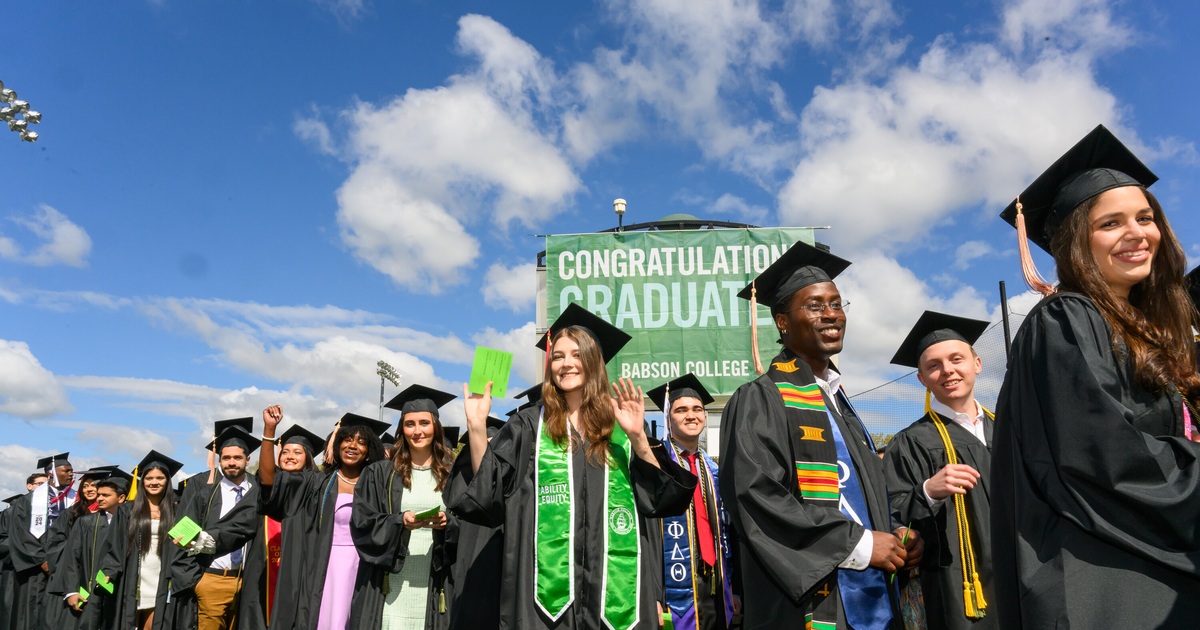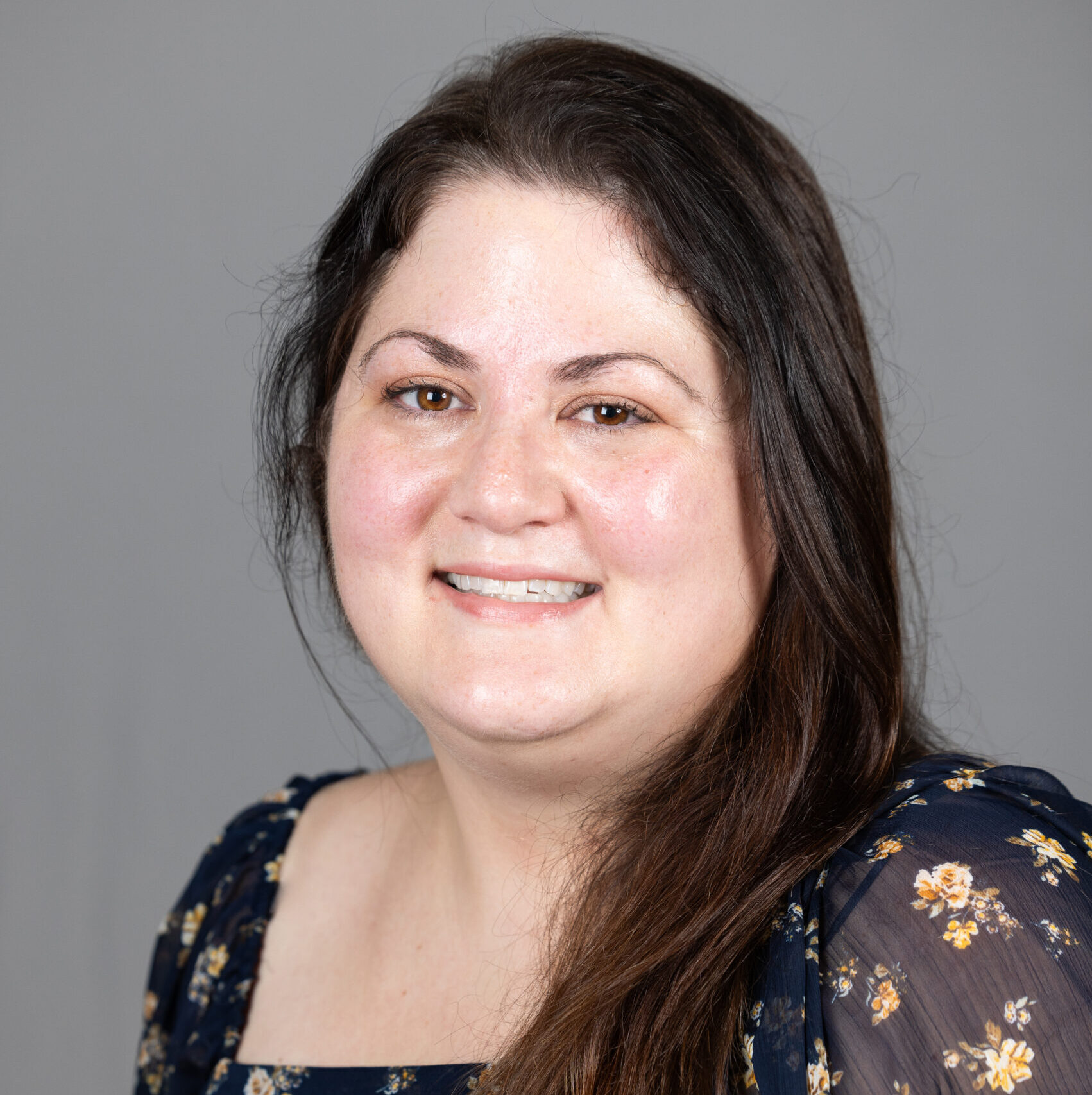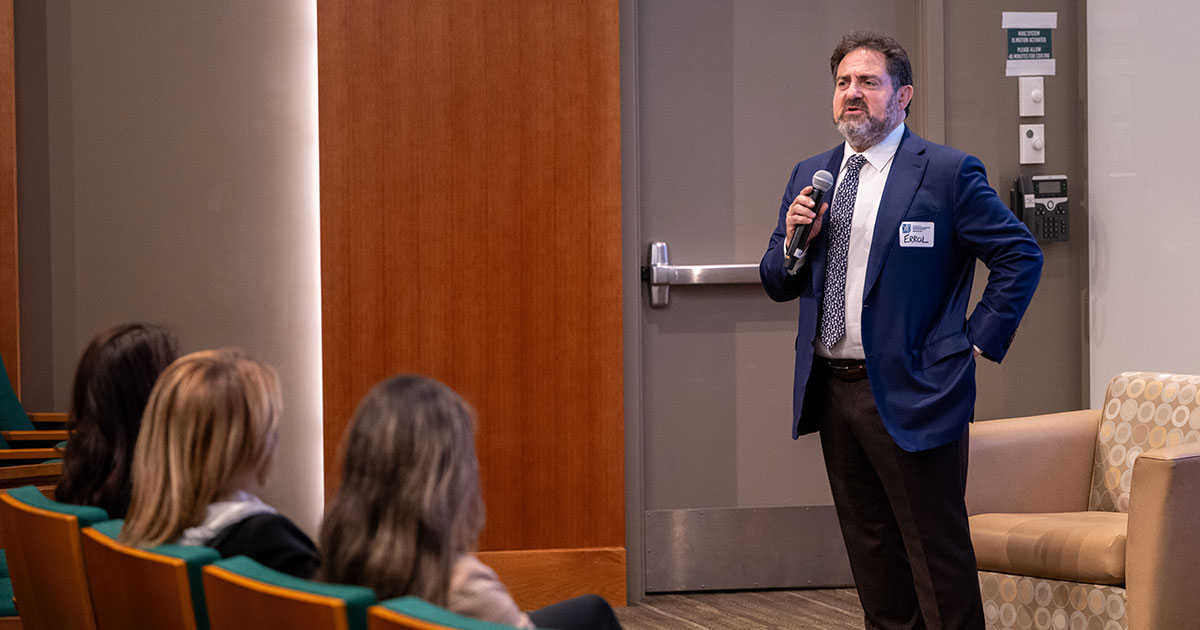4 Real-World Career Tips from Recent Babson Alumni

In the coming weeks, the Class of 2025 has a big question to answer: What’s next? It’s exciting, if not intimidating, when the answer could be anything.
Thankfully, many Babson College graduates have answered it before. From alumni succeeding across industries to last year’s undergraduate class, who went from the pandemic to the highest starting salary in Babson’s history, there are many blueprints to follow.
While the next graduation class prepares their answers, along with our other undergraduate students growing an academic year older, we asked some recent Babson alumni for some real-world advice. So, if someone asks you about next steps, you can point to Babson graduates as your proof points.
1. FME Will Always Be Relevant
One of the first classes undergraduate students take at Babson also is the most relevant. Foundations of Management & Entrepreneurship (FME), which throws students right into entrepreneurial leadership through starting their own business, provides so many opportunities to problem solve, the experience is built to stay with you.
For Lucy Figueroa ’22, she went from selling foam fingers in her first year to now working in Miami as a client planner and operations coordinator for the FIFA 2026 World Cup™.
“I was on the marketing team (for FME), and we did Instagram takeovers with our foam fingers across campus,” she says. “Before my current role in operations and logistics, I worked in social media and experiential marketing. I saw how fun it could be from that experience.”
Figueroa mentions the brainstorming sessions with teammates specifically demonstrated both the fun and practical aspects of problem solving, which has helped her pivot into her current role working with clients.
Take stock of everything you did and accomplished, positive and negative, in that class. The tangible proof that you can pivot when stuck, work as a team, and creatively brainstorm will be invaluable as you sell yourself in interviews.
2. Faculty Are Here to Help
Your professional network certainly includes company contacts and alumni. But don’t forget your professors, specifically, as they have their own careers and networks to draw from.
Emma Bouley ’23, who says she switched her concentration a few times, found her current role on LinkedIn. It was a retail management class with Professor Lauren Beitelspacher that helped crystallize her professional path.
“She’s a great person to have in your corner. She’s a mentor for me still,” Bouley says. “Before I applied to my current role, she did some research for me and said, ‘I think this is going to be a great fit for you.’ ”
She consulted with Beitelspacher and other professors about potential questions supply chain hirers ask and how Bouley’s past experiences relate. When Bouley was called in for a four-hour interview at Spindrift Beverages, she felt prepared and confident. She got the role as a supply chain planner for the Newton, Mass., company, even though she was fresh out of school.
“They were really appreciative of the overall knowledge I had of the industry,” she says.
“Students didn’t know that we had Handshake or how powerful it is. When I told them that that’s how I got my first internship, they were super shocked.” Laila Raful ’24
3. Your Education Doesn’t Just End
You may not realize how much you’ve learned from a class until you find yourself putting it into actual practice. You may even find inspiration from unlikely sources.
“Negotiations is a class in which the skills and lessons I learned I use consistently,” says Bryan Hanley ’24, who works in marketing at the pharmaceutical software company Gateway Checker in Lexington, Mass. “It not only provided me the skills for leveraging value in complex situations, but the class taught me how to be more confident in professional situations. I am super thankful for Professor Amanda Weirup.”
James O’Brien ’24, currently a financial advisor at Equitable Advisors in New York City, says finance courses prepared him mainly for the Series 66 exams, which qualify someone to be an investment advisor representative (IAR).
“If I didn’t go to Babson, I would’ve really struggled with those exams because I wouldn’t know the terms,” he says. As for the class he draws on more than others? It was actually a science class.
“I took a health class senior year where I learned a lot about nutrition,” O’Brien says. “It wasn’t business related, but I use it in my day-to-day more than some other classes I took.”
4. The Best Thing You Can Do Is Use the Career Resources
The overwhelming number one piece of advice is to engage with the Hoffman Family Undergraduate Center for Career Development (CCD) early and often. From the career advisors and peer career ambassadors (PCA), to interview and resume preparation, and the virtual job board Handshake, no job search is complete without at least one of these resources.
“(When working as a PCA), students didn’t know that we had Handshake or how powerful it is,” says Laila Raful ’24, a bank analyst at J.P. Morgan in New York City. “When I told them that that’s how I got my first internship, they were super shocked.”
While working at CCD, Raful saw firsthand the impact the award-winning career resources at Babson can have on students, and she was able to find pride in the help she provided as well.
“A student dropped in and talked to me about her interest in interning at Deloitte,” Raful says. “I talked over her resume and went through a mock interview. She ended up getting the internship. She was so happy and said, ‘I never would’ve gotten it without CCD.’”
Posted in Community




